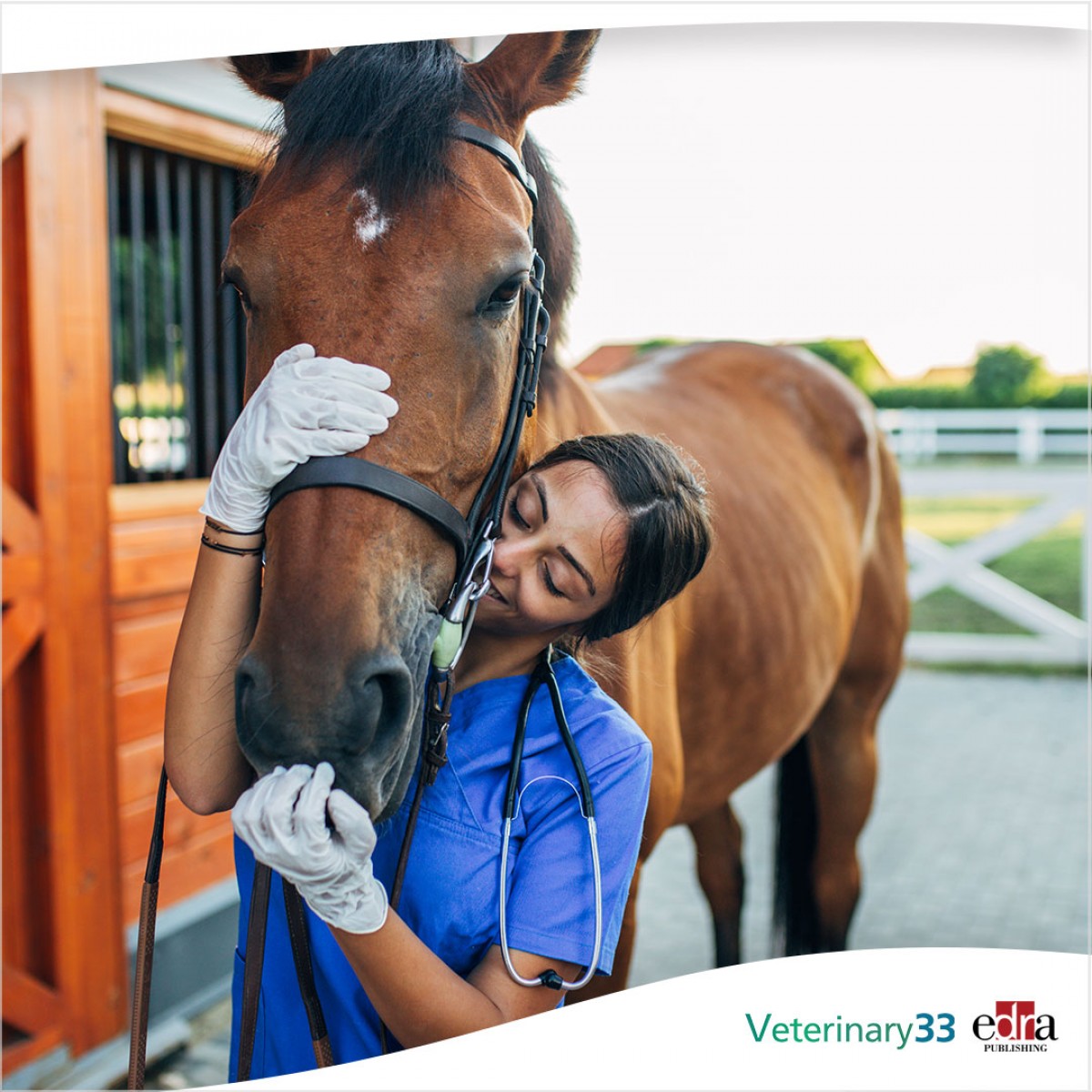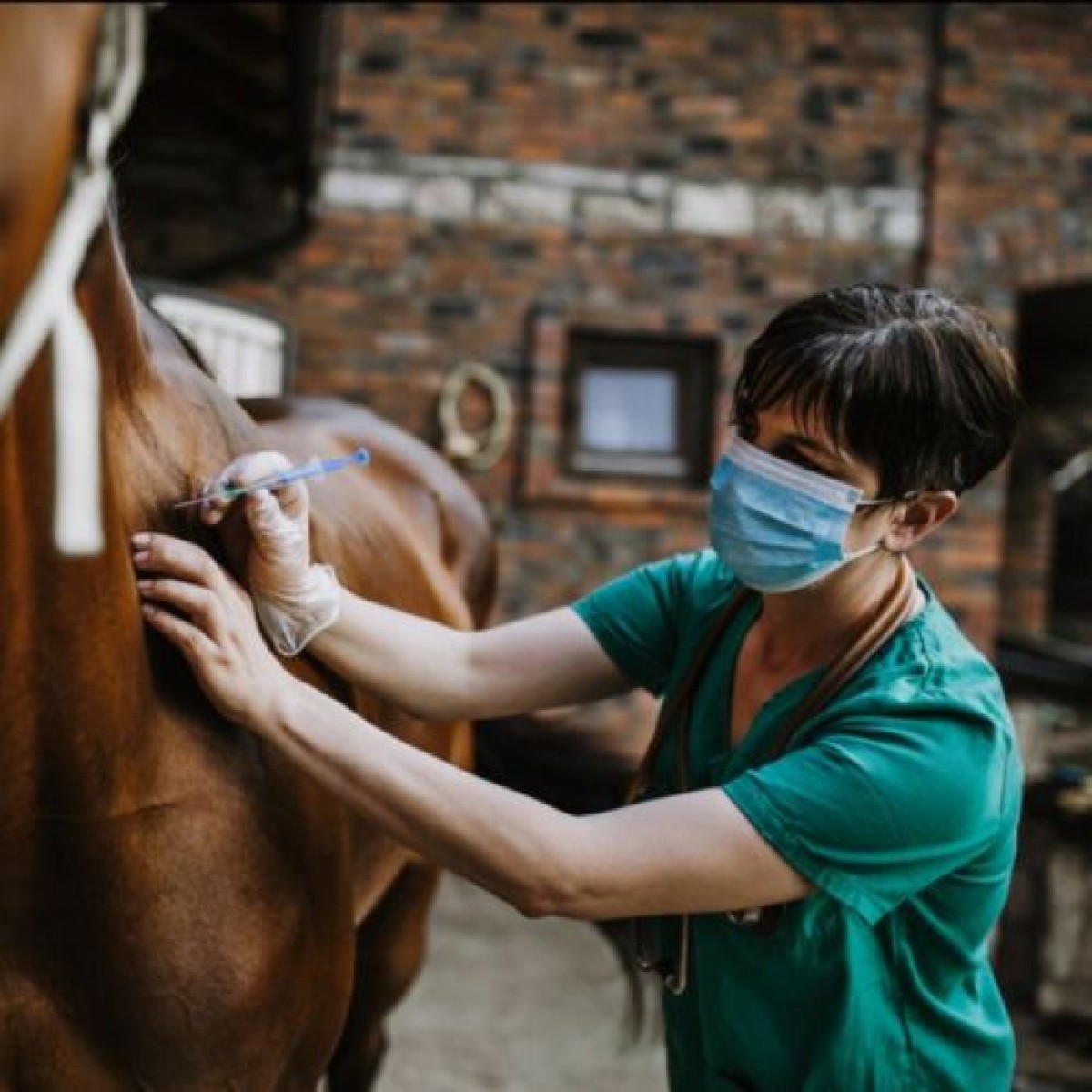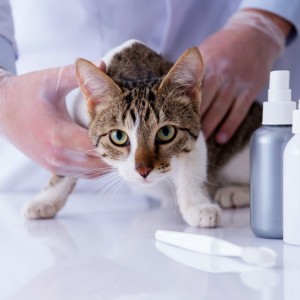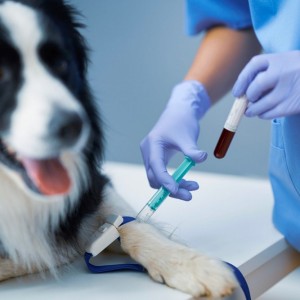Impacting equine health through research
by Jenny Alonge
Morris Animal Foundation is a non-profit organization founded in 1948 that invests in science to advance animal health and has invested more than $12.5 million in more than 535 equine health studies since 1959. Their research has led to the development of genetic screening tests for multiple equine diseases, including combined immunodeficiency disease, equine type I polysaccharide storage myopathy, and lavender foal syndrome, and their funding helped develop the Potomac horse fever vaccine. Morris Animal Foundation continues to invest in relevant research to make a difference in equine health, and we present 11 — a small portion — of their current projects.
Equine musculoskeletal research
Lameness accounts for the equine industry’s greatest economic losses, which amount to hundreds of millions of dollars annually. Preventing and treating lameness issues in horses is important to mitigate these losses, and current equine musculoskeletal research includes:
- Evaluating exercise impact on bone development — Researchers at the University of Illinois are investigating the long-term effects of moderate, strenuous exercise in young foals, using computed tomography (CT) to serially measure bone properties, such as density and volume, in exercised and non-exercised foals. Findings will help develop evidence-based exercise recommendations for young foals to help promote healthy bone development and reduce fracture risk later in life.
- Validating a pain assessment tool for osteoarthritis — Researchers at Utrecht University in the Netherlands have developed a 15-question document on monitoring pain by conducting interviews with owners whose horses were experiencing chronic osteoarthritis (OA) pain. The researchers are seeking to validate whether the questionnaire can assist owners in recognizing and monitoring their horses’ behavioral pain signs. If successful, this tool may help owners determine treatment effectiveness and pain progression, and help owners and veterinarians make quality of life decisions.
- Assessing Equine Lameness — University of Central Lancashire, England, researchers are using surface electromyography (EMG) to measure and compare muscle function in horses who are sound and those experiencing unilateral forelimb and hindlimb lameness. Findings will provide a better understanding of the muscle function that produces gait abnormalities in lame horses and may lead to better tools to assist with clinical lameness assessment and earlier treatment.
Equine gastrointestinal research
Colic is one of the most common conditions requiring veterinary attention in the equine industry, and current gastrointestinal research includes:
- Understanding risk factors for transport associated colic — Charles Sturt University, Australia, researchers are collecting gastrointestinal motility data, travel history, veterinary and observational findings, and other factors on 30 horses who complete a similar 8- to 10-hour journey to investigate potential risk factors for transport associated colic. Their findings will inform decisions on caring for a transported horse that will hopefully reduce post-travel colic.
- Studying postoperative ileus (POI) associated with colic — North Carolina State University researchers are studying key biological mechanisms associated with POI that may decrease intestinal wall function and trigger inflammation. Study findings will improve understanding about these biological mechanisms and may lead to the discovery of new therapies or prognostic methods to help predict the surgical colic patients at high POI risk.
- Optimizing fluid therapy for surgical colic — Researchers at The Ohio State University are evaluating capillary level blood flow, blood pressure, and cardiac output before and after hydroxyethyl starch administration in horses anesthetized for emergency colic surgery. Findings will help guide intravenous fluid protocols for surgical colic patients to maximize post-operative outcomes.
Equine metabolic syndrome research
Overweight horses, ponies, and donkeys are often affected by equine metabolic syndrome (EMS), which is the leading cause of laminitis. Current research includes:
- Understanding how diet composition influences EMS insulin response — Researchers at the University of Kentucky are analyzing data on EMS horses fed five different forage diets to better understand insulin response and to help improve dietary management of EMS insulin dysregulation in horses.
- Evaluating phenylbutazone’s EMS effect — Phenylbutazone is commonly prescribed to treat chronic laminitis, but studies in humans and rodents indicate that the drug can cause increased insulin secretion. If the same is true in horses, phenylbutazone may exacerbate EMS. Researchers at the University of Queensland, Australia, are studying whether the drug is detrimental to horses with insulin dysregulation and if an alternative treatment is necessary to treat chronic laminitis in EMS patients.
- Understanding diet and insulin roles in horses at risk for laminitis — Recent studies have demonstrated that meals containing sugar improve insulin sensitivity, which contradicts current dietary recommendations for horses at risk for laminitis. University of Minnesota researchers are studying metabolites in the horse's bloodstream to investigate how different diets affect the gut bacteria and how diet and gut bacteria changes affect a horse’s metabolism. Findings will provide more insight into metabolic changes associated with diet and help inform appropriate dietary recommendations for horses at risk for laminitis.
Equine asthma research
Equine asthma is common, and significantly impacts a horse’s performance and quality of life. Current research includes:
- Understanding the association between obesity and equine asthma — Researchers at Texas A&M University are evaluating immune system markers and bacterial population differences in obese and normal weight asthmatic horses. If the researchers’ assumption that obesity plays a role in equine asthma is correct, their findings will help improve asthma diagnosis and management of obese equine patients.
- Correlating different mast cell subtypes to equine asthma — Researchers at the University of Tennessee are characterizing and comparing mast cell subtypes found in the airways of healthy horses and those with equine asthma to provide a research platform for improving diagnostics and helping identify new therapeutic targets for equine asthma patients.
About the author
Dr. Jenny Alonge received her Doctor of Veterinary Medicine degree from Mississippi State University in 2002. She completed an internship in equine medicine and surgery at Louisiana State University and joined an equine ambulatory service in northern Virginia, where she practiced for almost 17 years. Alonge later decided to make a career change in favor of more creative pursuits and accepted a job as a veterinary copywriter for Rumpus Writing and Editing in April 2021. She adopted two unruly kittens, Olive and Pops, in February 2022.
Learn more at https://www.morrisanimalfoundation.org/











List
Add
Please enter a comment